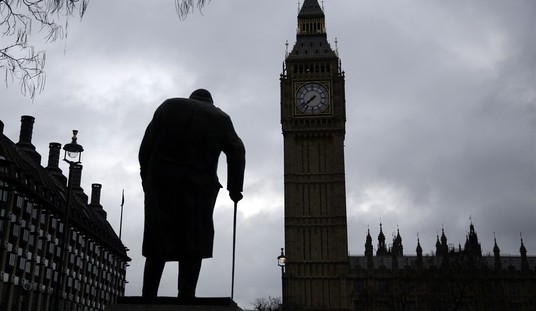The last two years have been a strike against economic reality; why should this be any different? At the Washington Examiner, Steve Chapman writes:
In 1977, Boeing was the target of a strike by the International Association of Machinists and Aerospace Workers, which represents its workers in Puget Sound, Wash., and Portland, Ore.The aircraft manufacturer had another strike in 1989. In 1995, workers went out for 69 days. In 2005, they struck again. In 2008 … well, you see the pattern.
Strikes are an expensive luxury. The last one, which went on for nearly two months, was estimated to cost Boeing more than $2 billion. “Based on previous strike experience,” reported the Seattle Times, “Boeing will not recoup that money for many years.”
At some point, a light bulb went on in the heads of those running the company: If we can’t avoid union walkouts, we can’t make aircraft deliveries. If we can’t make aircraft deliveries, we don’t get paid, we alienate customers and we endanger our livelihood.
After the 2008 walkout, Virgin Atlantic founder Richard Branson voiced exasperation. “If union leaders and management can’t get their act together to avoid strikes,” he said, “we’re not going to come back here again. We’re already thinking, ‘Would we ever risk putting another order with Boeing?’ It’s that serious.”
Something had to be done. Boeing tried to address the problem with the machinists, asking for a long-term no-strike agreement, but the union showed no interest, and the idea died.
End of story? Not quite. In 2009, the company had to decide where to open a second production line for its 787 Dreamliner. It could have put it where labor troubles were practically guaranteed. Instead, it built a plant in South Carolina, which is scheduled to go on line this summer with 1,000 nonunion workers.
The state offered tax incentives and a hospitable commercial environment. But a Boeing executive said at the time, “The overriding factor was not the business climate. And it was not the wages we’re paying today. It was that we cannot afford to have a work stoppage, you know, every three years.”
That may strike you as a blinding flash of the obvious — not to mention a choice fully within the discretion of any company functioning in a competitive marketplace, which penalizes idleness. But apparently not.
Last month, the National Labor Relations Board filed a complaint arguing that Boeing broke the law by taking account of possible strikes in making its decision. This, it said, amounted to illegal retaliation against the machinists union.
It wants an NLRB administrative law judge to force the company to transfer the production back to Washington. And it may get its way.
No, you are not hallucinating. If the NLRB succeeds, a federal official will command a private corporation it may not produce in one place and must produce in another. Never mind what makes business sense.
Atlas Shrugged, a warning for the rest of us, a user manual for the Obama administration.









Join the conversation as a VIP Member